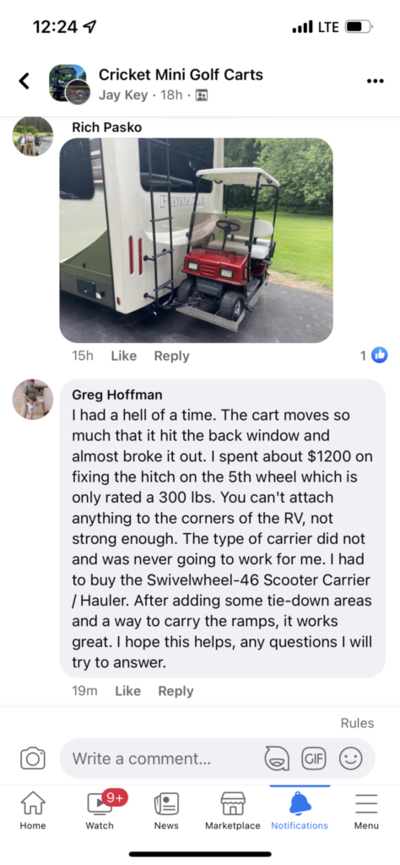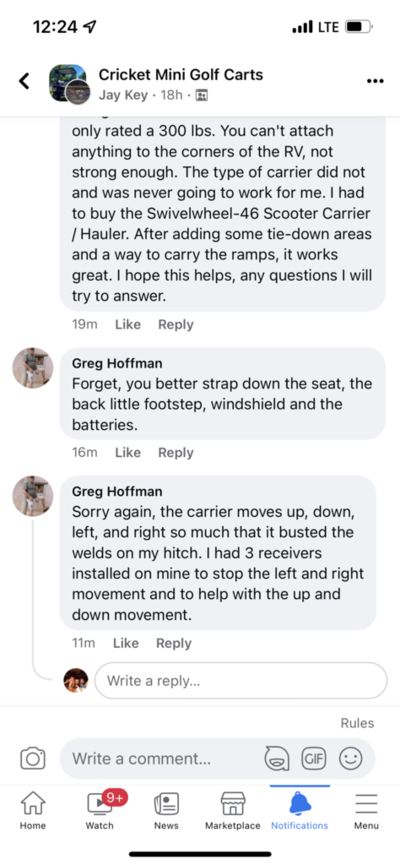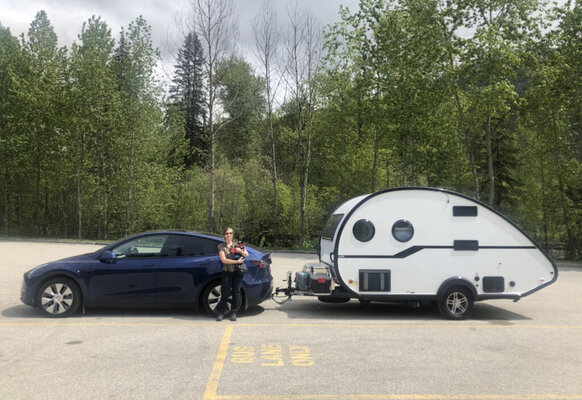strugglebus
Well-known member
Just saw a post by a certified Cricket dealer in which they say it is perfectly acceptable to load a receiver to the maximum tongue weight because manufacturers include “normal driving stresses” in their max tongue weight allowances. Any thoughts on this? I’ve always gone with the idea that anything at the max is a very bad idea. Eventually everything used at the max will fail IMO.



